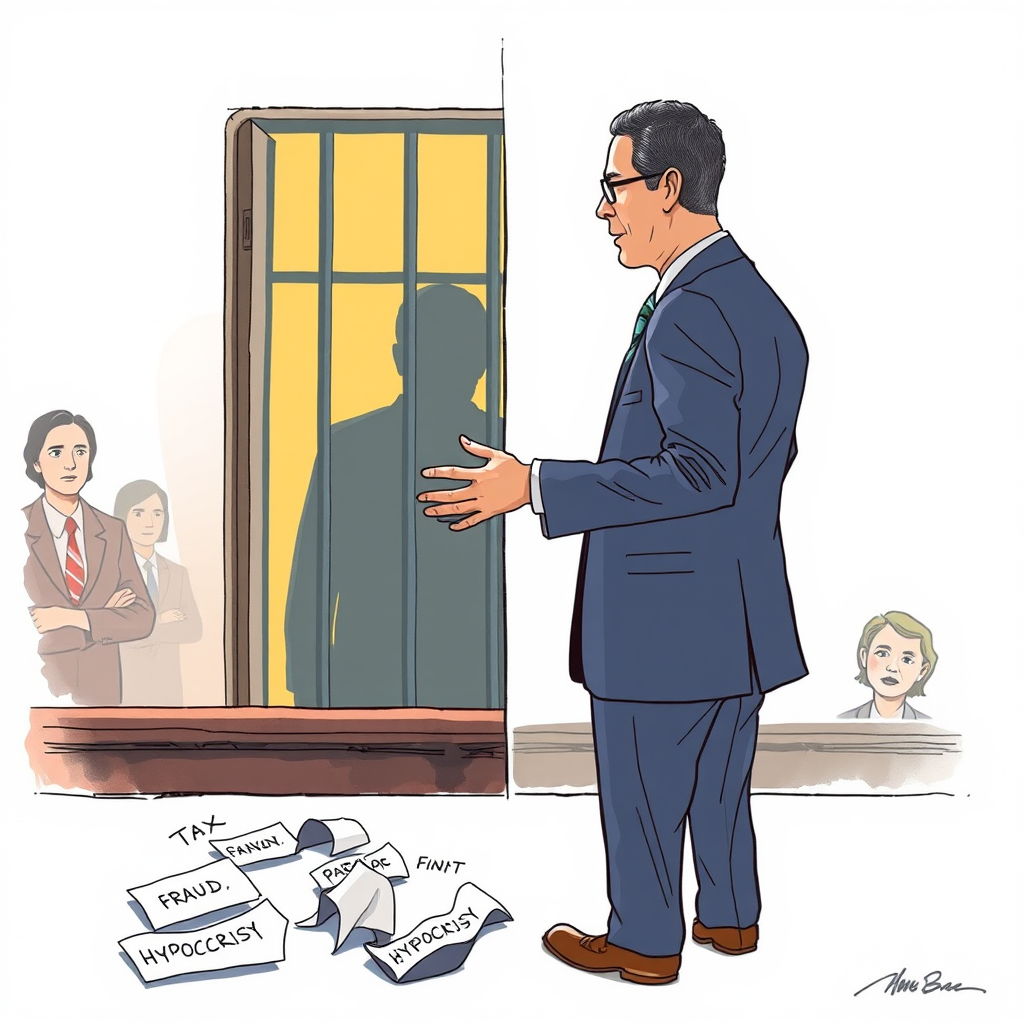Booker’s Kushner Vote Sparks Outrage and Questions

Senator Cory Booker’s decision to confirm Charles Kushner as the U.S. Ambassador to France has ignited a firestorm of criticism from within his own party, leaving many Democrats demanding an explanation for his unexpected vote. Booker was the sole Democrat to join 50 Republicans in approving Kushner’s nomination, while 45 Democrats voted against it.
The controversy stems from Kushner’s 2005 conviction on 16 counts of tax fraud, witness retaliation, and making false statements to the Federal Election Commission. He served a two-year prison sentence and was later pardoned by former President Donald Trump.
Critics point to a long-standing relationship between Booker and Kushner, noting that Kushner financially supported Booker’s unsuccessful 2002 mayoral campaign in Newark. Booker was later elected mayor in 2006.
Outrage has been particularly vocal on social media platforms like Bluesky. Attorney @bigesqbae.bsky.social directly questioned Booker, demanding an explanation for his vote. Commentator Molly Ploofkins called for Booker to deliver a lengthy explanation on the Senate floor. Journalist David Atkins expressed bewilderment, questioning what benefit Booker could possibly derive from supporting Kushner’s nomination. Liberal commentator @lebergerdavid.bsky.social highlighted Kushner’s criminal history, questioning the rationale behind the confirmation.
The situation is further complicated by Booker’s recent 24-hour filibuster on the Senate floor, ostensibly to protest actions by the Trump administration and “Save Democracy.” Political strategist Conor Rogers accused Booker of hypocrisy, suggesting his vote for Kushner was motivated by past financial support. Others, like Gabrielle A. Perry, founder of a Louisiana-based nonprofit, accused Booker of prioritizing personal connections over principle.
Senator Patty Murray (D-WA) explained her “no” vote, emphasizing Kushner’s conviction and presidential pardon, stating there was no place for such individuals in government. Several social media users echoed this sentiment, expressing disillusionment with Booker and calling for greater self-reliance in achieving political change.
This situation underscores a growing tension within the Democratic party, highlighting the complexities of navigating personal relationships, political principles, and the enduring legacy of the Trump era. Booker’s silence on the matter has only amplified the criticism, leaving many to speculate about the motivations behind his controversial decision. It’s a clear demonstration that even within a party, loyalty and principle can often be at odds, and that a single vote can spark a significant and sustained backlash.